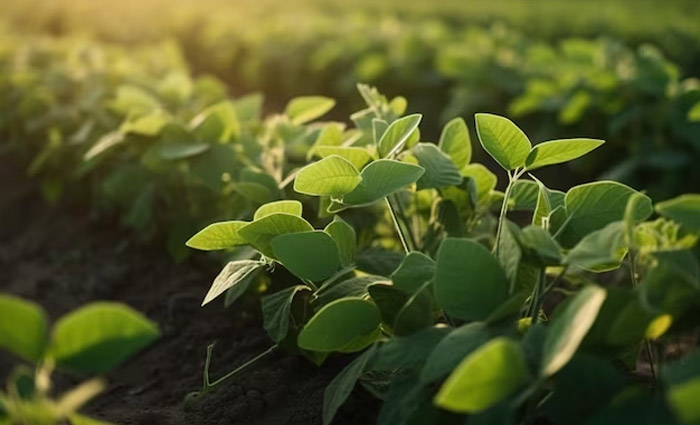Manitoba Farmers say that they will be looking for warmer temperatures in July to give the warmer season crops a boost.
Dennis Lange, a pulse and soybean specialist with Manitoba Agriculture and editor of the provincial crop report, says growing degree accumulation right now is near or slightly below normal for most of Manitoba and some of the warmer season crops, such as dry beans, soybeans and to some extent corn aren’t growing as quickly as in previous years and are little behind normal.
In southern regions I think things went in kind of as we expected as we had a little bit better seeding conditions earlier on. Areas up in the Interlake, there are some growers that backed away from growing soybeans this year just because it got into being a later year. They planted more canola but overall, I think we’ll be up probably on the canola acres and down from what we were expecting initially on the soybean and dry bean acres just based on the growing season that we’ve had so far.
Total accumulated rainfall was variable across Manitoba with the central and southwestern regions getting the most precipitation so far this season. With the recent rain events, precipitation accumulation in most areas has exceeded 150 percent of normal so we are definitely wetter than what we’ve been in past years. But, the conversation we had last winter was that we were going into spring being a drier year and now we’re having the exact opposite conversation.
In some areas they do have some standing water that got some thunderstorms that have moved through over the last week or so but generally things are still looking OK yet in Manitoba. We just need some warmer temperatures. So far we are only getting a few days of warmth once every week and it would be nice, once we get into July to get those warmer temperatures and get these warmer season catching up a bit.
~ Dennis Lange, Manitoba Agriculture
Lange says the biggest discussion point this year has been all the wind we’ve had this spring and how it’s affected some of the more sensitive crops, like soybeans and dry beans. He says once they get a little more crop growth that will become a non issue.




